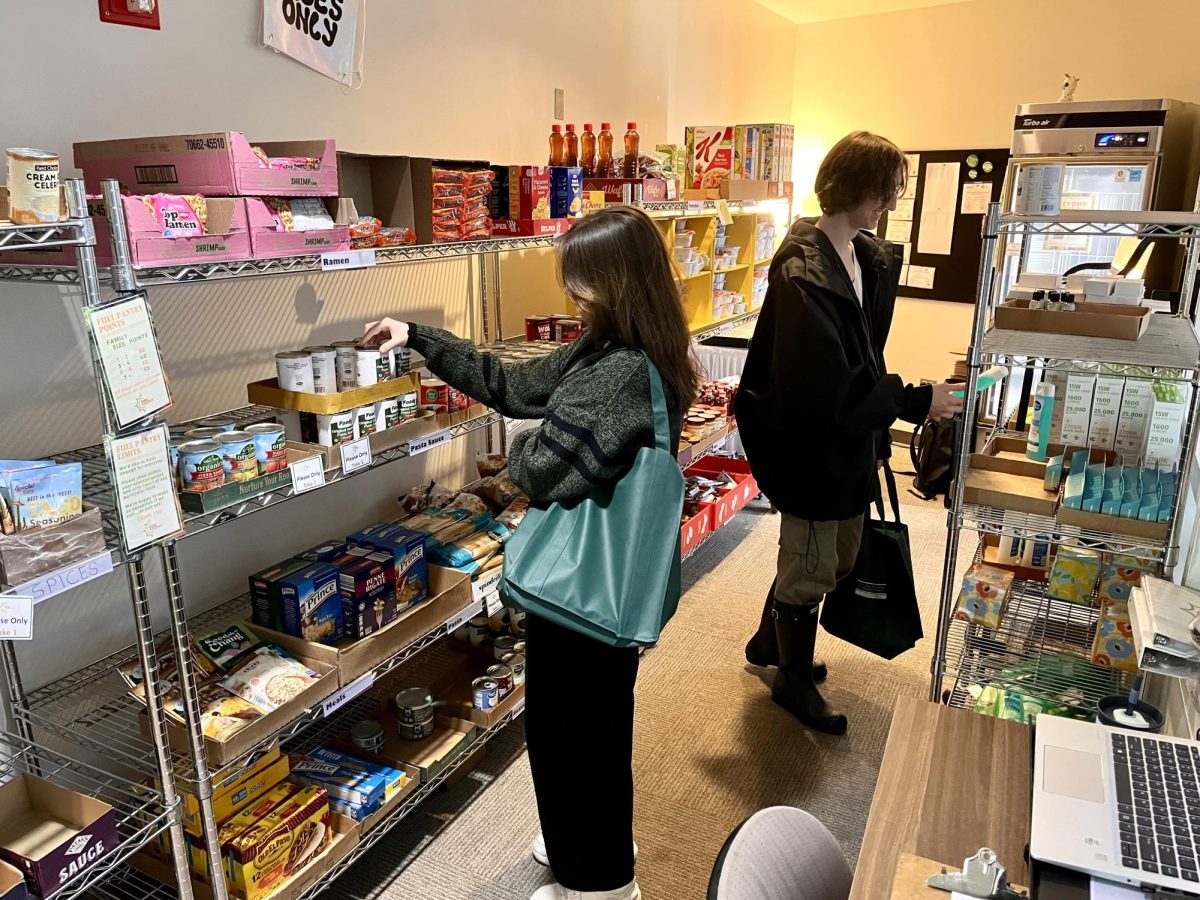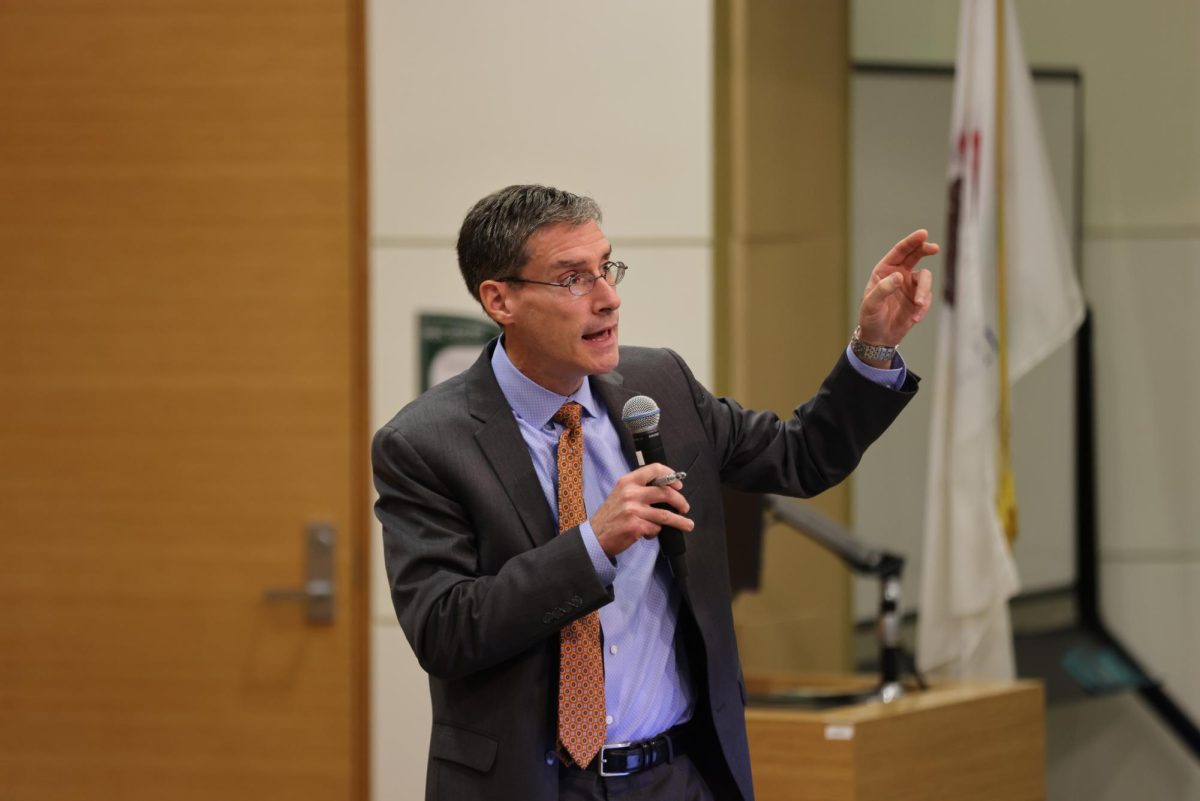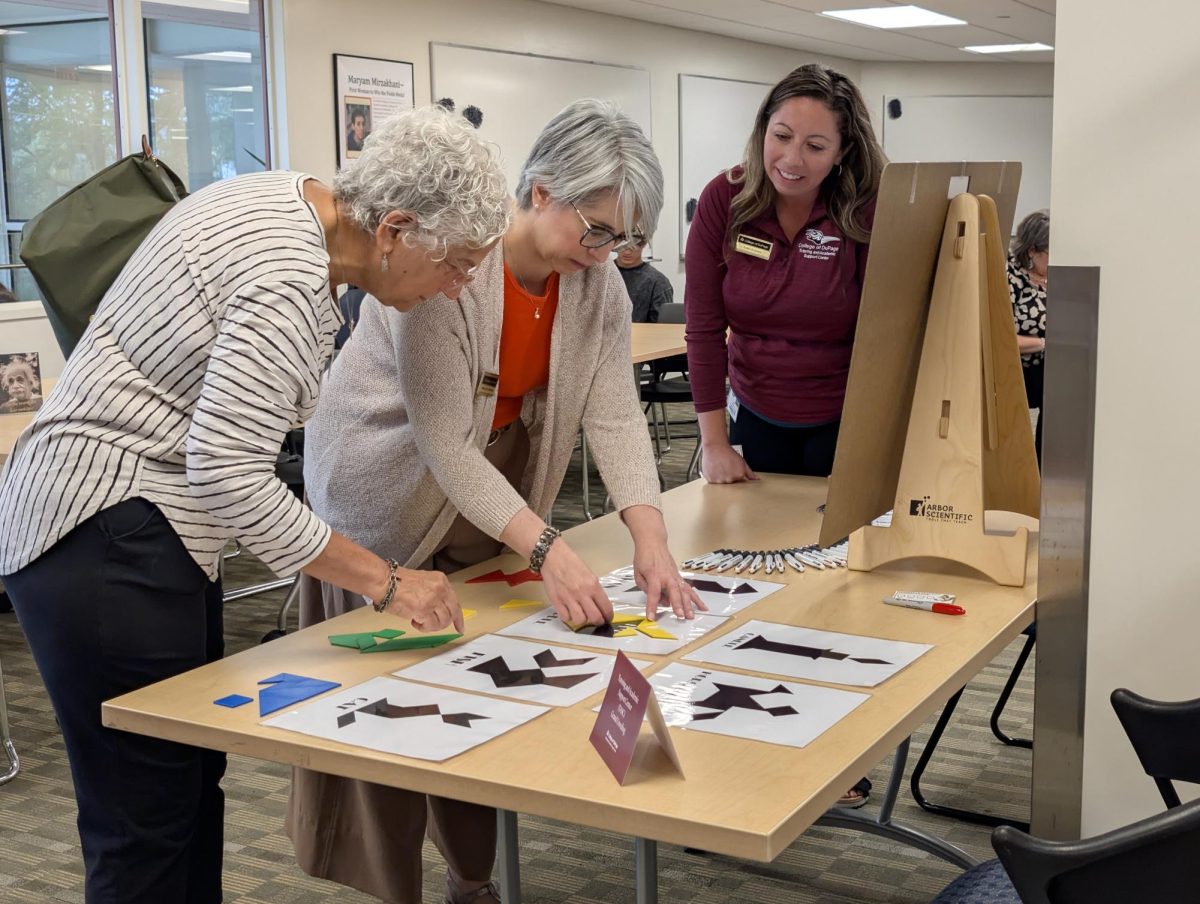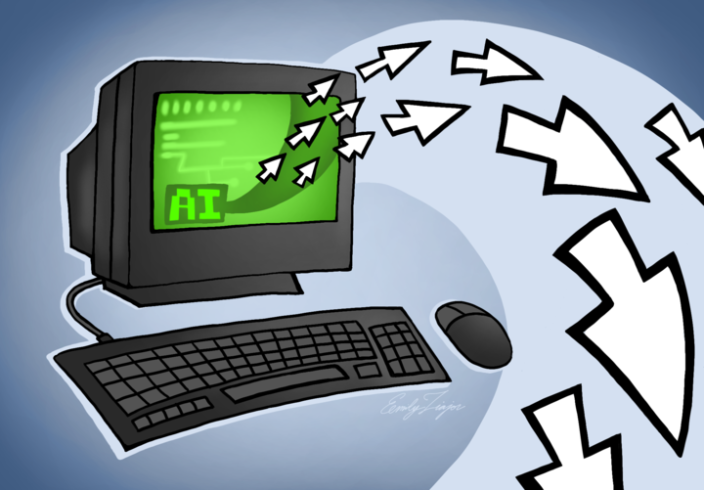The College of DuPage (COD)’s Fuel Pantry recently released its quarterly Food Security initiative report, showing a surge in student use following major cuts to the federal Supplemental Nutrition Assistance Program (SNAP) and the cancellation of key food-sourcing programs.
Inside the Student Resource Center (SRC) on COD’s main campus, the Fuel Pantry provides free groceries and personal care items to students, faculty and staff in need. The pantry, located next to the book store, operates on a system designed to make access as easy as possible, with no income verification or financial documentation required. Simply register online or in person with a COD student ID, and once approved, students receive shopping points that can be used weekly on food.
Elisabeth Pribulick, a client and occasional volunteer at the Fuel Pantry, said the Fuel Pantry is open to everyone.
“There is no judgment, please let us help you,” Pribulick said. “Everybody is very kind, even if the Fuel Pantry is not open, there are pre-made bags, and there are always ways to get food if you need it.”
In September 2025 alone, the pantry recorded 951 visits according to the quarterly report. In comparison to July 2025, which had 592 visits, and August 2025, with 530 visits. The surge is expected to continue as the impact of national food assistance cuts reaches local communities. The pantry’s increased number of visits reflects a broader crisis across Illinois. In a statement released after the House passage of the “Big Beautiful Bill,” the Northern Illinois Food Bank reported the recent $200 billion cuts to SNAP. This could leave 360,000 additional Illinois residents food insecure.
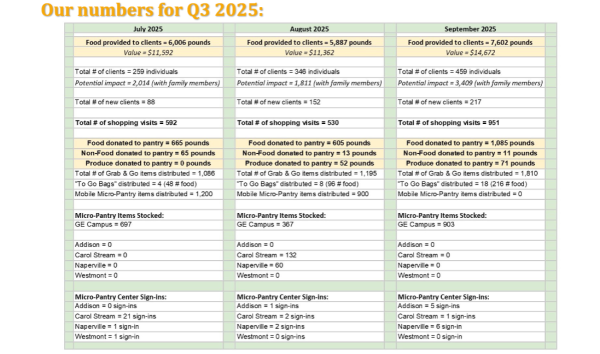
Linda Kozlowski, the Fuel Pantry adviser, said there are many situations that could cause someone to need food assistance.
“Food insecurity is a real problem in this country,” Kozlowski said. “Just because someone can afford to put themselves through college, they still need help from time to time.”
In addition to federal nutrition support, pantry food resources are also facing cuts. According to the Alliance to End Hunger, the U.S. Department of Agriculture cancelled the Local Food Purchase Agreement (LFPA), which buys local produce and gives it to food pantries free of charge. That cancellation has impacted COD’s pantry, which used to benefit from fresh fruit and vegetables provided through food bank partnerships.
“I would get a vast amount of produce free of charge through this program,” Kozlowski said. “The farmers that were already sowing the fields had no buyers, so a lot of the extra food ended up in landfills.”
While the loss of federal programs has made it harder to keep shelves stocked, Kozlowski mentioned another challenge that weighs on her is food waste. Kozlowski explained that manufacturers come up with expiration dates, but most canned food is good long past the expiration date. She described how she has encountered this before with expiration dates.
“The COD cafeteria had an event with a lot of leftover cans of pop, all with an expiration date soon. I didn’t even know pop had a date. I was told they couldn’t distribute them. So they asked me if I could use them,” Kozlowski said. “I called the health department, and they told me pop never actually expires.”
To help combat these cuts and waste, the COD Fuel Garden supports the Fuel Pantry with fresh produce grown right on campus. The garden’s produce is distributed directly to pantry clients. Kozlowski said students love the produce, and it is the first thing to go when they get it from their own garden.
The Fuel Pantry is open year-round and open Monday through Thursday. Hours vary. While it is still unclear as to how the Fuel Pantry will figure out what to do about the federal cuts, they still rely on community support and donations to help others.
“To help others, you don’t need to do a grand gesture; sometimes it’s just buying extra cans of corn and donating it can really change someone’s life,” Kozlowski said.



